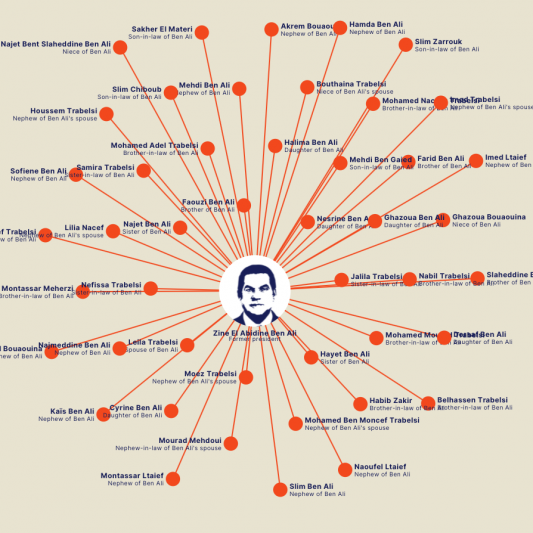While several measures aimed at preventing the theft of public assets have been in place for many years and while criminal proceedings remain the default for recovering any money hidden overseas, the past four years have seen a growth in prominence of new ways to combat illicit financial flows.
This has included big pushes on beneficial ownership and generally on fighting financial secrecy, sanctions, and the use of non-conviction-based forfeiture of ill-gotten gains, alongside questions over the utility of traditional methods.
Lacking in many of these discussions and policy tendencies though are solid, empirical reasons for favouring certain tools over others. These tools have also only made progress to a certain extent, with issues around transparency and accountability remaining as strong as ever.

Our work on Thematic Priorities goes beyond individual country cases and represents our commitment to push the agenda on asset recovery globally and develop the evidence around and advocating for measures that really work to tackle cross-border corruption and asset recovery.
A key part of this our work considers both traditional and the new tools and situating them within the challenging political contexts within which asset recovery is carried out. Our work in this area is also about considering the interlinks between asset recovery and the bigger political issues of transparency, accountability and good governance globally and nationally.
Our Global Priorities
Asset management is a fundamental, but often overlooked or underdeveloped area of asset recovery. It is the process of overseeing and administering assets that have been seized, frozen, or confiscated as part of a prosecution or civil claim, through restitution orders, or voluntary surrenders linked to economic crimes and corruption.
Traditional, criminal justice approaches to asset recovery are frequently being replaced by calls for states to adopt and use new, non-traditional tools to make case-work more effective and faster. We aim to better understand these tools and provide evidence-based understandings of their utility.
Return mechanisms describe the practice of returning recovered money across borders indirectly via third-party entities that stand between cooperating governments. These entities might be called in to aid in the negotiations, as well as in the process of the distribution of the returned assets, especially in situations where there are challenging relationships between the negotiating governments and when the receiving countries lack the necessary corruption controls to mitigate the risk of re-looting the assets.e.
Sanctions as a tool for asset recovery
Anti-corruption sanctions have been imposed against high-ranking public officials by several jurisdictions as a way to prevent them from removing their corruptly acquired wealth and to give law enforcement agencies the opportunity to launch investigations and legal action to recover that wealth.
The social reuse of recovered assets plays a vital role in ensuring that resources stolen through corruption and other crimes are redirected to benefit society. Social reuse has been used for long periods by a limited number of countries, however, several further jurisdictions have recently developed laws and policies or are considering a move towards greater social reuse of recovered stolen assets.
Victims of grand corruption rarely have recourse to secure their rights when it comes to asset recovery. While obligations to return the proceeds of corruption to prior legitimate owners and to compensate victims exist in international law, these rights are limited. Despite this, there is a growing effort to prioritise victims within asset recovery processes.
.
